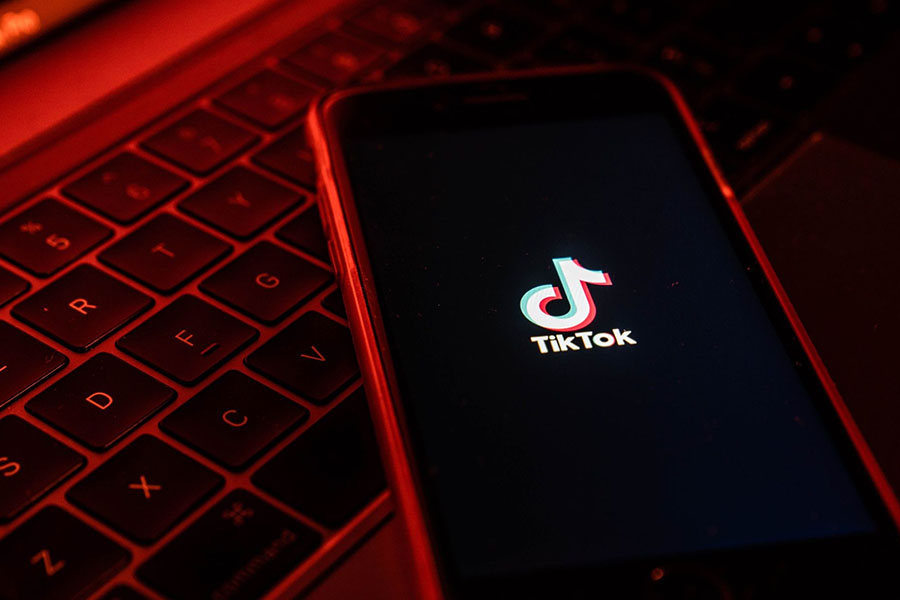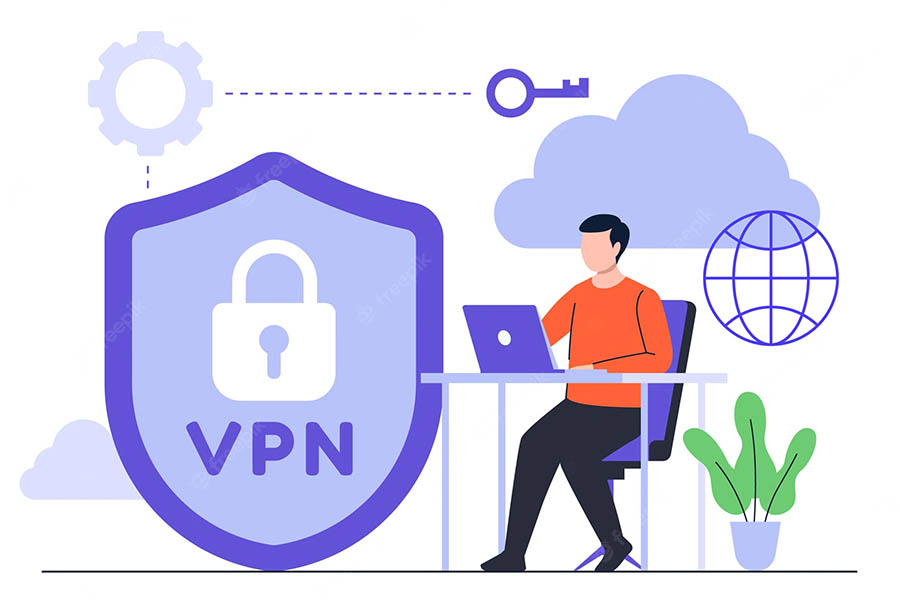Nepal government has officially banned the popular video-sharing app TikTok in the country. As of 13th November 2023, anyone living in Nepal cannot access the web version of TikTok, while ISPs will soon disable its app version within 24 hours. While it's not as if TikTok is without competition, YouTube Shorts and Instagram Reels are nowhere near as engaging and algorithm-friendly. So new creators or any genre of videos may struggle to rapidly reach a broader audience, hindering potential engagement rates.
While it's not as if TikTok is without competition, YouTube Shorts and Instagram Reels are nowhere near as engaging and algorithm-friendly. So new creators or any genre of videos may struggle to rapidly reach a broader audience, hindering potential engagement rates. So you can download VPN apps like Nord VPN and TunnelBear to still access TikTok in Nepal. After installing a VPN service provider, you can sign up for free and locate the address to countries where TikTok is legal and continue using it. However, most VPN apps offer limited data and bandwidth. So you might have to upgrade to a premium subscription which can cost anywhere between $5 – $15 per month.
So you can download VPN apps like Nord VPN and TunnelBear to still access TikTok in Nepal. After installing a VPN service provider, you can sign up for free and locate the address to countries where TikTok is legal and continue using it. However, most VPN apps offer limited data and bandwidth. So you might have to upgrade to a premium subscription which can cost anywhere between $5 – $15 per month.
Why did the Nepal government ban TikTok?
Chinese company TikTok has been banned in many countries because of potential privacy and cybersecurity concerns over fears that the Chinese Communist Party (CCP) can use the social media app for spying or propaganda.However, Deputy Prime Minister and Home Minister of Nepal Narayan Kaji Shrestha emphasized that the government's decision to prohibit TikTok in Nepal is rooted in concerns about its role in disturbing social cohesion, undermining national unity, and endorsing inappropriate content.Many countries like the US, UK, Canada, and EU have only banned TikTok from devices issued to government staff citing data security concerns. Whereas countries like India, Pakistan, Taiwan, and now Nepal have imposed a public sector ban. Meaning all citizens are forbidden to use this Chinese-made software on their smartphones, tablets, and PCs. By the way, the Nepal government had already banned TikTok from historic, sacred sites across the country around a year ago.The pros and cons of TikTok ban in Nepal
Now, has the Nepal government done the right thing by banning TikTok in Nepal? Let's explore its cons first!The cons
The first demographic that's immediately affected by the TikTok ban in Nepal is the small content creators — typically aged between 18 to 24 — who were generating some sort of income through creative content. Likewise, TikTok has been one of the best platforms for small businesses to sell their products through short interactive videos.The pros
What about the pros then? Well, since TikTok is a relatively new video-sharing platform, it is not as refined as YouTube when it comes to copyright strikes or guidelines related to hate speech and harassment, pornographic content, and those that promote violence. According to a report, a total of 1,647 cybercrime cases were reported on TikTok in the last four years in Nepal.Such types of content are especially more difficult to regulate in "TikTok LIVE" where creators engage with their audience in real-time. In Nepal, several instances have been reported where videos were removed due to violations of TikTok's guidelines. While the company says it's working hard on these issues, it has severely impacted teens and young adults.How to use TikTok in Nepal after the ban?
But as they say, where there's a will, there's a way.
And despite the ban, you can still use TikTok in Nepal by using a VPN software. What VPN does is, it establishes a digital connection between your computer and a remote server owned by a VPN provider. This creates a virtual network that encrypts your personal data, masks your IP address, and lets you browse from a different region.
My final thoughts
Like TikTok, PUBG faced a similar ban in Nepal. But it was swiftly turned away through a Supreme Court stay order last time. And the current TikTok ban situation with an even weaker case remains to be seen about how sustainable this restriction will be in the long run.
While I personally don't use TikTok that often, I appreciate its appeal to those who enjoy the platform. It's fun and highly interactive. The sophistication of its algorithm, intuitively showcasing content aligned with individual preferences, adds to its "wow" factor.

To say something about myself, I have been writing tech and gadgets from 2021. Although coming from a non technical studies background, I'm someone who is always fascinated by the latest gadget and tech innovations, circling around. Besides writing, you'll find me listening music and aligning the stars through astrology and sometimes even, tarot cards! 😉🧿
Comments
No comments yet. Add a comment to start a discussion




